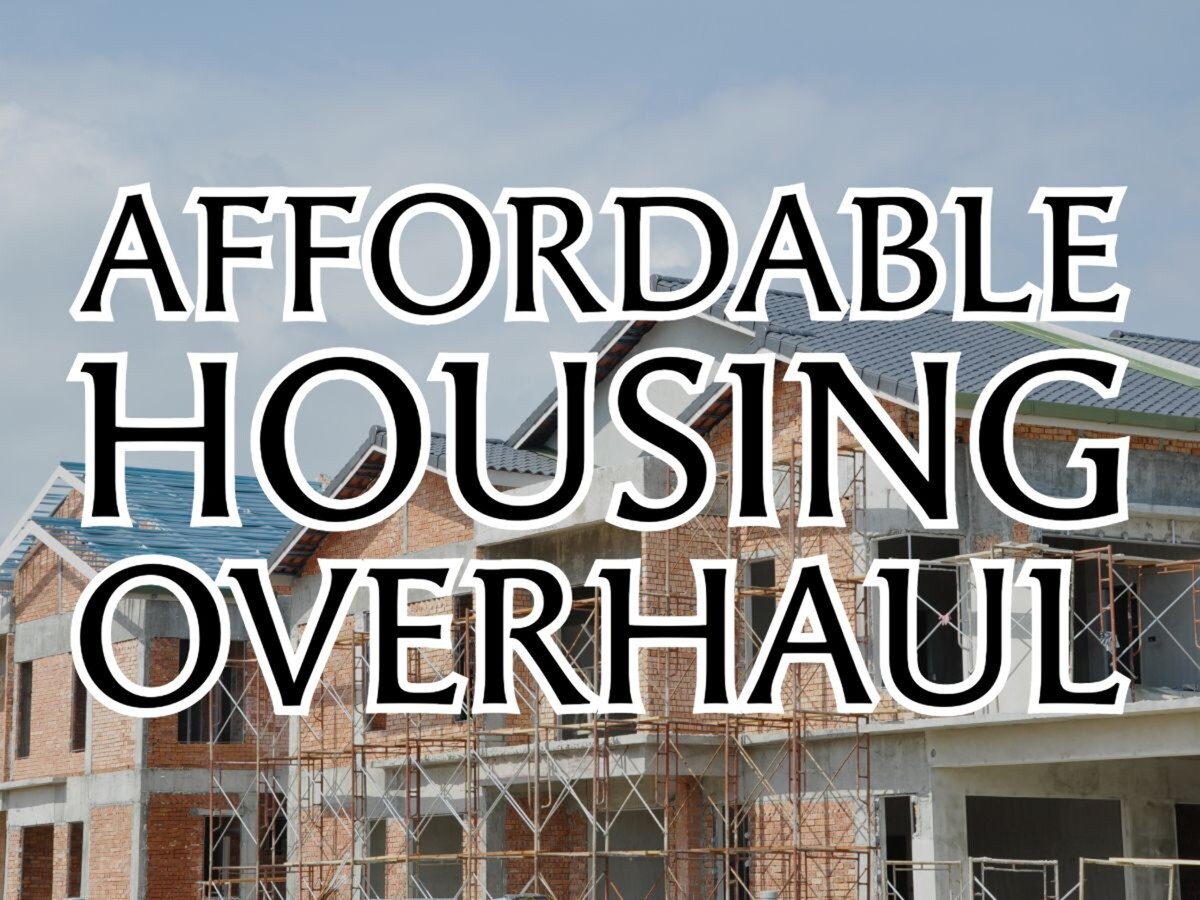Image


In an ambitious move to redefine affordable housing obligations across New Jersey, recent legislation, encompassing Senate Bill 50 (S50)
and Assembly Bill 4 (A4), introduces pivotal changes aimed at decentralizing control and bolstering municipal autonomy in determining housing needs. This legislative package marks a significant shift from the traditional centralized approach, offering a new paradigm where municipalities are entrusted with the critical task of calculating and fulfilling their affordable housing quotas.
At the heart of this transformation is the dissolution of the Council on Affordable Housing, a move that signifies a departure from the Fair Housing Act's established mechanisms. Instead, local governments will now harness formulas provided by the bill and the Department of Community Affairs (DCA) to gauge their affordable housing requirements. This process must be completed by July 1, 2025, setting the stage for the upcoming fourth round of housing obligations.
Municipalities are afforded the flexibility to deviate from the DCA's guidance, provided they adhere to the bill's methodology, with a deadline of January 31, 2025, to adopt their determined obligations. This deadline is crucial to avoid potential exclusionary zoning lawsuits, with official obligations becoming effective on March 1, 2025. The legislation outlines a clear timeline for dispute resolution and subsequent ordinance adjustments, ensuring a structured approach to compliance.
A notable component of the legislative framework is the requirement for each municipality to develop a "housing element" and a fair share plan by June 30, 2025. These documents are essential in detailing the strategies to meet affordable housing obligations, with a provision for challenges through a specified process until August 31, 2025.
The legislation also emphasizes protection from litigation for municipalities that diligently follow the outlined procedures, providing a shield against lawsuits challenging zoning laws as exclusionary. This immunity is contingent on compliance and can be extended or revoked based on the municipality's adherence to the guidelines.
Funding is a key aspect of the bill, with $12 million allocated to the program and an additional $4 million to the DCA, underscoring the state's commitment to facilitating these sweeping changes. Moreover, the legislation demands transparency from municipalities in reporting the utilization of development fees and mandates the maintenance of affordable housing-related information on the DCA's website.
Transferring rulemaking authority from the now-defunct Council to the DCA and the New Jersey Housing and Mortgage Finance Agency, the bill mandates updates to the Uniform Housing Affordability Controls, further solidifying the legislative framework for this new approach to affordable housing.
Mendham Township Advocates for Environmental Considerations in Housing Legislation
Parallel to the legislative reforms, the Township of Mendham's elected officials are advocating for the inclusion of environmental considerations in New Jersey's affordable housing legislation, specifically Assembly Bill 4 (A4)
and Senate Bill 50 (S50). Through a joint letter sent February 28, 2024, the Elected Body of the Township of Mendham proposed a "Preservation Credit" System to allow municipalities to inventory and leverage their environmental assets against affordable housing obligations.
Mendham Township’s Elected Officials highlighted the municipalities ecological significance, being located at the headwaters of three major river basins, which supply potable water to over 5 million people and are crucial for water quality and flood control. The township argues that its efforts to protect these resources through development policies that minimize environmental impact, should reduce the municipality’s affordable housing obligation.
To summarize, the proposed amendment seeks to allow New Jersey’s municipalities to leverage environmental preservation to reduce affordable housing obligations.
As the bills navigate through the legislative process, with S50 and A4 received in the Senate and referred to the Senate Budget and Appropriations Committee on February 12, 2024, the dialogue between legislative reforms and environmental stewardship continues to unfold. The journey towards a more decentralized, environmentally conscious, and community-driven approach to affordable housing in New Jersey is hopefully underway, setting a precedent for future legislation in the realm of housing and environmental policy.
More updates: https://www.njleg.state.nj.us/bill-search/2024/S50